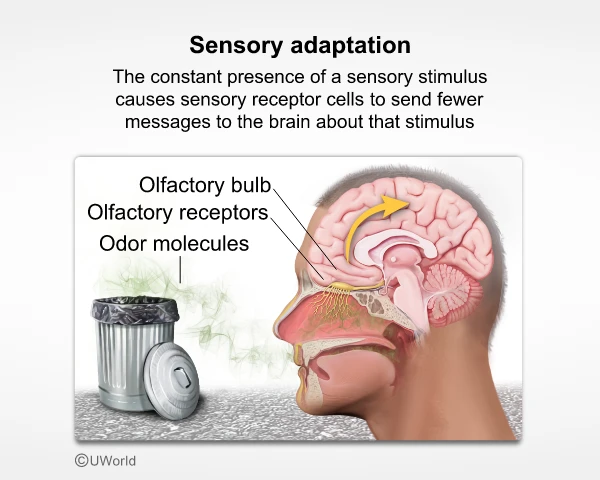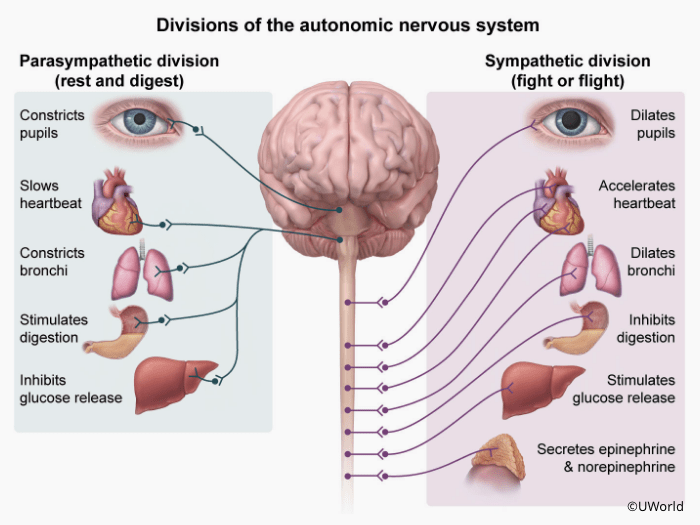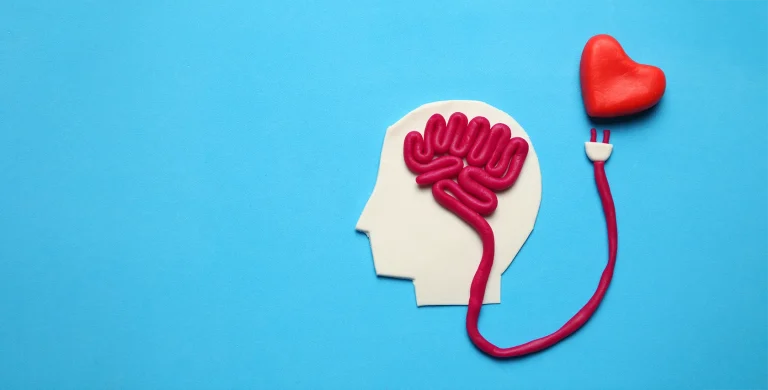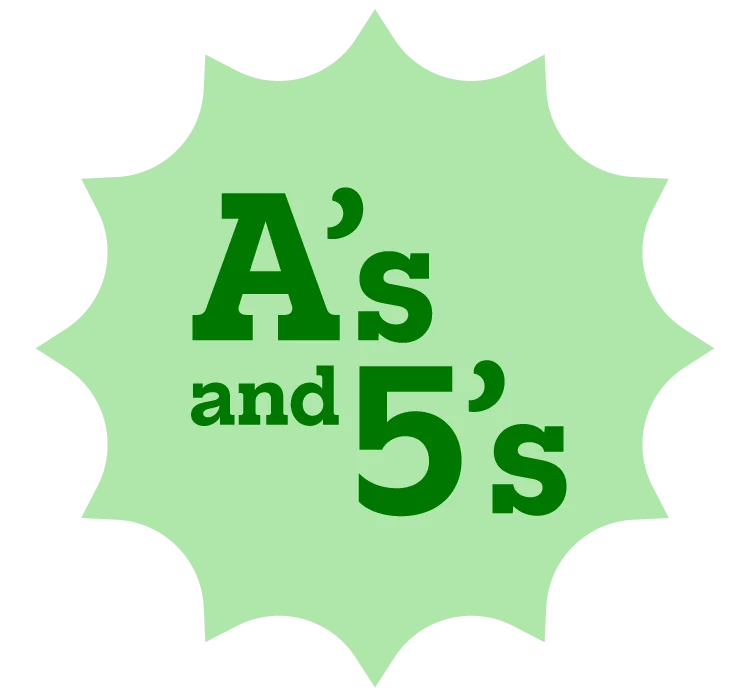Taking AP Psychology without a structured classroom environment might seem daunting, but with the right approach, you can master the material on your own. Self-studying offers flexibility, allowing you to tailor your study plan to your strengths, weaknesses, and schedule. Using UWorld's "Watch, Read, Practice" methodology, along with digital study planning tools, you can create an effective, personalized approach to AP Psychology preparation. Here’s how you can do it:
Step 1: Watch UWorld Videos for Complex Topics
Some psychological concepts—like cognitive development theories or the workings of the nervous system—can be difficult to grasp through reading alone. That’s where UWorld’s bite-sized, visually engaging videos come in. These instructor-led videos break down challenging topics into digestible segments, making it easier to understand and retain complex ideas. Since you can watch and rewatch at your own pace, you have the freedom to reinforce your understanding as needed.
How to Use These Videos Effectively:
- Start with topics you find most difficult.
- Take notes as you watch to summarize key concepts.
- Rewatch sections that are confusing until you feel confident.
- Pause and try explaining the concept in your own words to test your understanding.

Step 2: Read the UWorld AP Psychology Study Guide
Once you’ve watched the videos, use the UWorld AP Psychology study guide to reinforce your learning. This study guide provides a structured yet approachable overview of all the key topics. It’s visually rich, up-to-date, and designed to present information in an engaging and non-overwhelming way. Whether you choose the digital or physical version, the seamless integration ensures you stay on track with your study plan.
How to Use the Study Guide:
- Read through a section after watching related videos.
- Highlight key terms and definitions.
- Make connections between concepts to deepen your understanding.
- Use it as a quick review tool before practice questions.
Step 3: Practice with UWorld’s High-Quality Exam-Level Questions
The best way to test your knowledge and prepare for the AP exam is through practice questions. UWorld’s AP Psychology question bank is designed to mirror the actual test in complexity and format, ensuring you develop both content mastery and test-taking skills. The questions aren’t just about rote memorization—they require application and critical thinking, helping you prepare effectively without feeling overwhelmed.
How to Use Practice Questions Effectively:
- Start with a few questions after studying each topic.
- Read through the detailed explanations for both correct and incorrect answers.
- Identify patterns in your mistakes and revisit those topics.
- Gradually increase the number of questions as you build confidence.
Step 4: Create Your Own Flashcards or Study Notes
Reinforce your learning by creating your own flashcards or summarizing key points in a digital notebook. UWorld’s digital flashcards use spaced repetition technology, which helps move information into your long-term memory. By consistently reviewing these cards, you ensure that important psychological theories and concepts stay fresh in your mind.
Tips for Effective Flashcard Use:
- Create flashcards for terms, definitions, and key studies.
- Use spaced repetition by reviewing older cards before adding new ones.
- Write brief summaries of concepts in your own words.
- Include examples to make abstract concepts more concrete.
Bonus: Use a Digital Study Planning Tool for Personalized Learning
One challenge of self-studying is staying organized and accountable. A digital study planner can help by automatically generating a personalized schedule based on how much time you have each week. Instead of guessing how much to study each day, you’ll have a structured plan that keeps you on track without feeling overwhelmed.
The Power of Self-Study: Learning on Your Terms
Studying AP Psychology on your own might lack the structure of a classroom, but it gives you the freedom to learn in a way that works best for you. Without rigid timelines or peer pressure, you can take the time to deeply understand concepts, focus on your weak areas, and adjust your study plan as needed. By following the "Watch, Read, Practice" methodology and using digital tools, you’ll be well-prepared to tackle the AP Psychology exam with confidence—even without a formal class.
Ready to start? Set up your free trial today, and take control of your AP Psychology journey!



